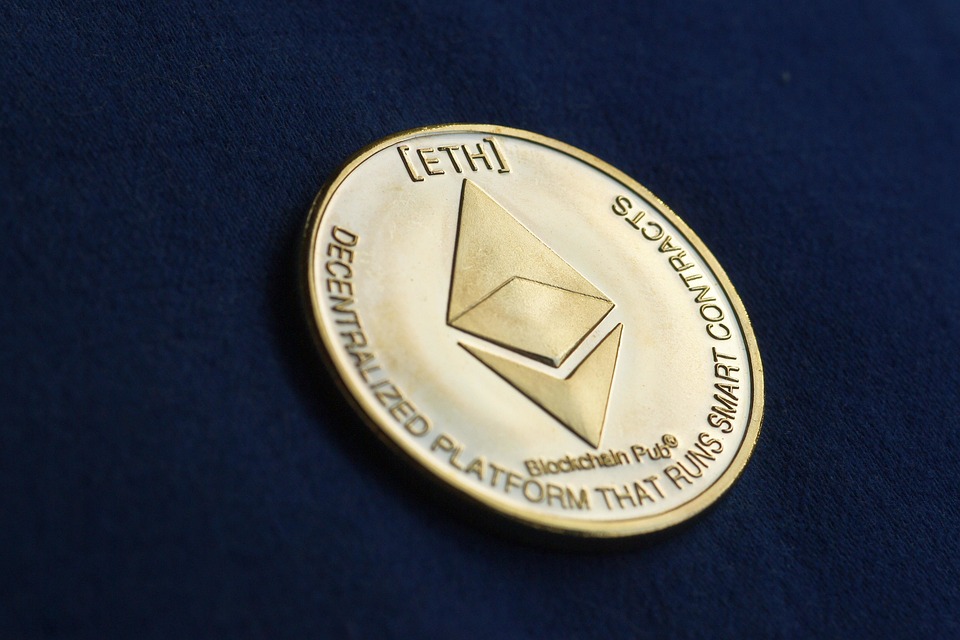Proof of work (PoW) is a consensus algorithm that has been the cornerstone of many blockchain networks, including Bitcoin and Ethereum. However, as the technology evolves and the need for scalability and efficiency increases, there are growing concerns about the future of PoW and whether it will remain viable in the long term.
In recent years, there have been significant innovations in the field of blockchain technology that aim to address the limitations of PoW and improve its scalability, security, and energy efficiency. One such innovation is the development of alternative consensus algorithms, such as proof of stake (PoS) and delegated proof of stake (DPoS), which offer faster transaction times and require less energy to operate.
Another innovation is the concept of hybrid consensus algorithms, which combine the best features of PoW and PoS to create a more robust and efficient system. For example, some blockchain networks are exploring the use of PoW for initial block creation and PoS for block validation, allowing for greater decentralization and security while reducing energy consumption.
Additionally, advancements in hardware technology, such as the development of specialized mining hardware and more efficient chips, are helping to improve the efficiency of PoW algorithms and reduce the environmental impact of mining operations. This is especially important given the growing concern over the carbon footprint of blockchain networks that rely on PoW.
Despite these innovations, there are still challenges ahead for PoW and its future viability. One of the main challenges is the centralization of mining power, as large mining pools and mining farms dominate the network and control a significant portion of the hashing power. This centralization can lead to security risks, such as 51% attacks, where a single entity gains control of the majority of the network and can manipulate transactions.
Another challenge is the increasing energy consumption of PoW algorithms, which has raised concerns about the environmental impact of blockchain networks. As the demand for blockchain technology grows, so does the demand for energy, leading to higher electricity consumption and carbon emissions. This has prompted some blockchain networks to explore alternative energy sources, such as renewable energy, to power their mining operations and reduce their carbon footprint.
In conclusion, while the future of PoW may face challenges, there are many innovations and advancements in the field of blockchain technology that are working to address these challenges and improve the efficiency, scalability, and security of PoW algorithms. With continued research and development, it is possible that PoW will remain a viable consensus algorithm for blockchain networks in the future, providing a secure and decentralized platform for transactions and smart contracts.
